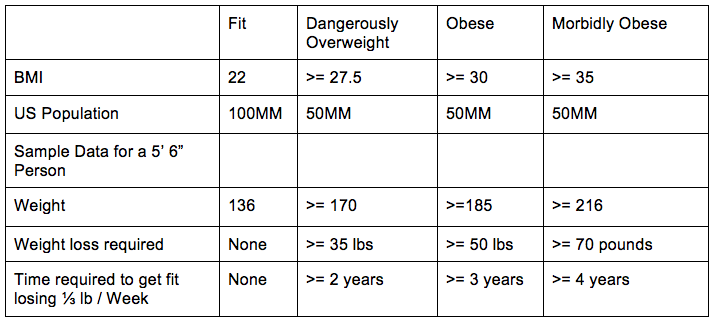
Mobile health gadgets are proliferating rapidly, driven by the Quantified Self movement. From Fitbits to vibrating forks, these gadgets promise healthier lifestyles through examination of our daily activities such as diet, exercise and sleep. While the hype is high, I'm not cheering as enthusiastically as my colleagues here in Silicon Valley.
Why?
While these tools give greater visibility into daily activities, the data does not address what really impacts our overall health: changing behavior and creating meaningful, sustainable habits.
Imagine there were devices that told you exactly many steps you walked each day -- would we see a massive increase in the distance that people walk? Oh wait, they're called pedometers. Pedometers have been around for decades and many U.S. companies have been pushing their use recently. Yet, most Americans walk far less than other countries and than they used to. The fact is, these gadgets work best for people who have both already decided to take the time to improve their health and who are motivated by data.
We don't like bad news
The truth is most of us find it too difficult to take the time to improve our health, and many of us are only motivated by data when it reveals good news. For example: I was recently chatting with someone who used to weigh almost 400 pounds and has now lost a lot of weight. I joked with him that most of us don't want to get on the scale until it's giving us good news and he said, "I haven't reached the scale point yet. I'm still afraid to get on the scale." This is basic human nature; we only like good news and positive data.
And for most of us, there is bad news
We often want a quick fix but for most of us, exercise alone is unlikely to be a quick fix. It's one thing to sustain good habits for a few months, but it's another to sustain them for a year or more. This poses a practical problem: it will take too long to exercise our way to health. To see this, let's imagine that we start exercising and not just a mile a day. We walk 3 miles a day, 4 days a week. Let's further imagine that we muster the discipline not to reward ourselves with a Starbucks snack each time because if we do the snack, it will add more calories than we just burned. This 12 mile/week exercise regime, if followed rigorously and without compensating snacks, will on average, lead to a weight loss of 1/3 of a pound a week.
Let's see what this means for the average dangerously overweight or obese person (that's 50 percent of us).

Note that with exercise alone, it would take two years of sustained engagement for the seriously overweight person to get to an ideal weight, and three to four years for the 100MM Americans who are currently obese.
Thus we're asking for the impossible. Exercise alone isn't going to make this happen.
The truth is we simply have to eat less: smaller portions, no snacks and fewer desserts - taking in about 500-750 fewer calories a day. In this scenario, coupled with 30 minutes of exercise a day, the seriously overweight will lose the weight in about six months and the obese will become significantly fitter in six months. However, eating fewer calories is much harder for gadgets to measure, and for us to do and sustain.
Given these statistics, the real challenge is developing effective incentives for us to take action, as well as social and emotional rewards for a holistic approach to health. The real goal isn't more and better devices to measure our exercise and heart rate, but a program to help us:
1) Learn that we can take effective steps to improve our health
2) Eat less and eat better, since exercise alone isn't likely to be psychologically sustainable
3) Get the social support and fun required if we are to sustain our new habits
4) Use team dynamics to help us get habits back on track if we slip up
5) Use mobile devices in conjunction with all this
There is data to support this.
A recent Northwestern Medicine study found that while participants using a mobile app that tracks eating and activity helped foster general weight loss, the group that lost the most weight -- an average of 15 pounds -- also attended regular nutrition and exercise classes. The app alone didn't work but combined with education, it did.
Journal of the American Medical Association reports that using mobile devices in conjunction with active, ongoing coaching improves weight loss, which is good news as the price of these devices continue drop.
What is going to make a difference is doing it with others, not on our own.
Team-based weight loss is more effective than going solo. An Obesity journal study found that teammates in a weight-loss competition influenced each other's weight loss because they provided accountability, encouragement, support and set expectations for weight loss. Another study found that while Twitter helped people lose weight, it was the social element from fellow participants that was key.
The Consumer Reports National Research Center asked psychologists which strategies were essential to losing and keeping off weight. Psychologists cited "understanding and managing the behaviors and emotions related to weight management." Translation? There's no app for curing emotional eating -- even if it could tell you how many calories are in that chocolate cake.
Ultimately, combining technology with the human element and a holistic approach to wellness programs is key. Tools are tools, but the heavy lifting is up to us.